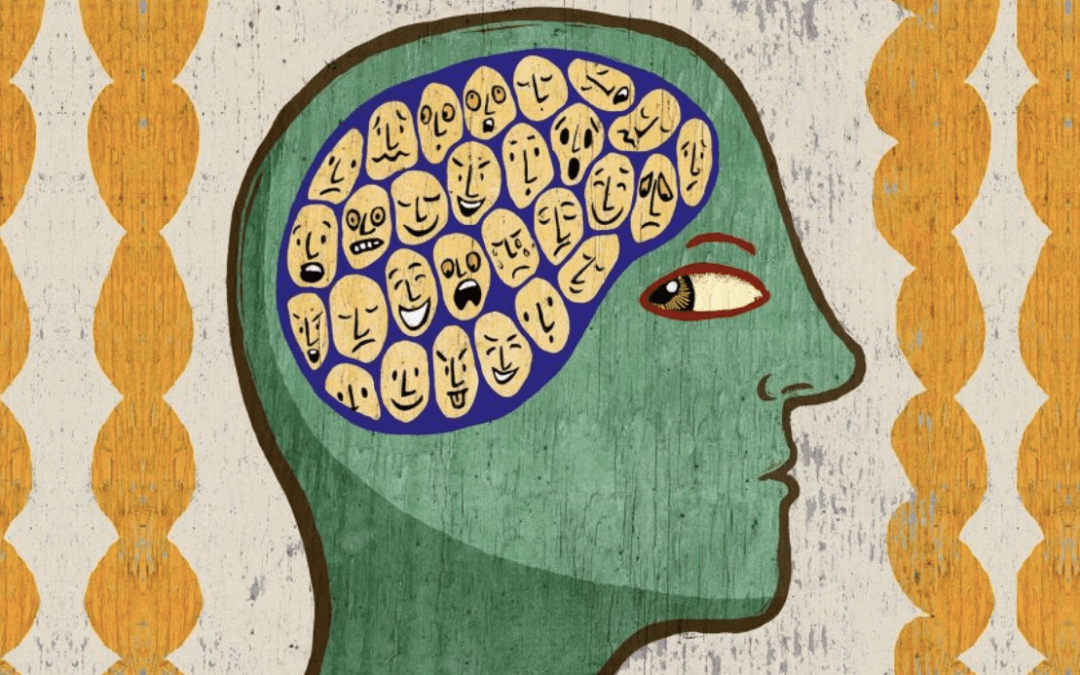Based on the conceptual framework provided by system theory, systemic psychology considers the ongoing interaction among human beings and is essentially focused on interpersonal systems.
Here are my top 5 books on Systemic Psychology (click on the book title for the link to read or buy)
A comprehensive model for psychotherapy and coaching in relationship with oneself, one’s family, and one’s community. Virginia believed the well-lived life to be a real possibility and a basic human right even in case of traumas or life challenges. She had discovered key universal principles in her fifty years of professional experience. A ‘mother of systemic family therapy’ she is one of the most influential figures in modern psychology and coaching, including Neuro-Linguistic Programming.
- The Body Keeps the Score: Brain, Mind, and Body in the Healing of Trauma by Bessel van der Kolk
Psychiatrist Bessel van der Kolk takes a whole-body approach to trauma healing and the differences it means for real people. A world-renowned posttraumatic stress specialist, van der Kolk says traumas large and small impact almost everyone, directly or indirectly. The book charts decades of research and clinical work with trauma survivors and examines how such events can rewire the brain, altering personalities and behaviour. The author uses case studies and personal stories to show the changing paradigms in behavioural health.
- Internal Family Systems by Richard Schwarts and Martha Sweezy
This is the authoritative presentation of Internal Family Systems (IFS) therapy, which is taught and practised around the world. IFS reveals how the subpersonalities or “parts” of each individual’s psyche relate to each other like members of a family, and how–just as in a family–polarization among parts can lead to emotional suffering. IFS originator Richard Schwartz and master clinician Martha Sweezy explain core concepts and provide practical guidelines for implementing IFS with clients who are struggling with trauma, anxiety, depression, eating disorders, addiction, and other behavioural problems. They also address strategies for treating families and couples. IFS therapy is listed in SAMHSA’s National Registry of Evidence-Based Programs and Practices.
- Love’s Hidden Symmetry by Bert Hellinger, Gunthard Weber and Hunter Beaumont
‘Love’s Hidden Symmetry’ is a book to be read slowly – and then to be read again and again. Here is an opportunity to discover the work of Bert Hellinger, whose generative approach to intervening in systems has already reached across Europe into the hearts and minds of a diverse therapeutic community. A lively blend of narrative, storytelling, transcript material, and poetic imagery is invoked to describe and to demonstrate, what Hellinger calls ‘the orders of love’ and how disturbances in the orders of love create a legacy that must be reckoned with for generations to come. But these deeply embedded forces in the family system can be harnessed for healing once they are acknowledged, respected, and gently redirected. Hellinger’s basic tool for helping family members restore balance is the use of family constellations. Hellinger, along with coauthors Gunthard Weber and Hunter Beaumont, clarifies how this method can be refined and expanded to galvanize the energy of everyone involved toward a greater sense of well- being. The transcripts included in the book help to capture the extraordinary potential of working appropriately with family constellations. The profound suffering of many of these individuals is more than matched by the opportunity for peace that is revealed in the therapeutic work.
5. The Polyvagal Theory: Neurophysiological Foundations of Emotions, Attachment, Communication, and Self-regulation by Stephen Porges
A collection of groundbreaking research by a leading figure in neuroscience. This book compiles, for the first time, Stephen W. Porges’s decades of research. A leading expert in developmental psychophysiology and developmental behavioural neuroscience, Porges is the mind behind the groundbreaking Polyvagal Theory, which has startling implications for the treatment of anxiety, depression, trauma, and autism. Adopted by clinicians around the world, the Polyvagal Theory has provided exciting new insights into the way our autonomic nervous system unconsciously mediates social engagement, trust, and intimacy.
Finally, I love this video from the InsideOut film that brilliantly depicts what happens on the systemic family level during a conflict.
For more information about Systemic Psychology and practical tools visit www.enrich.global
